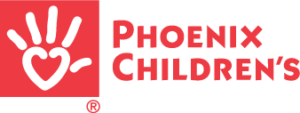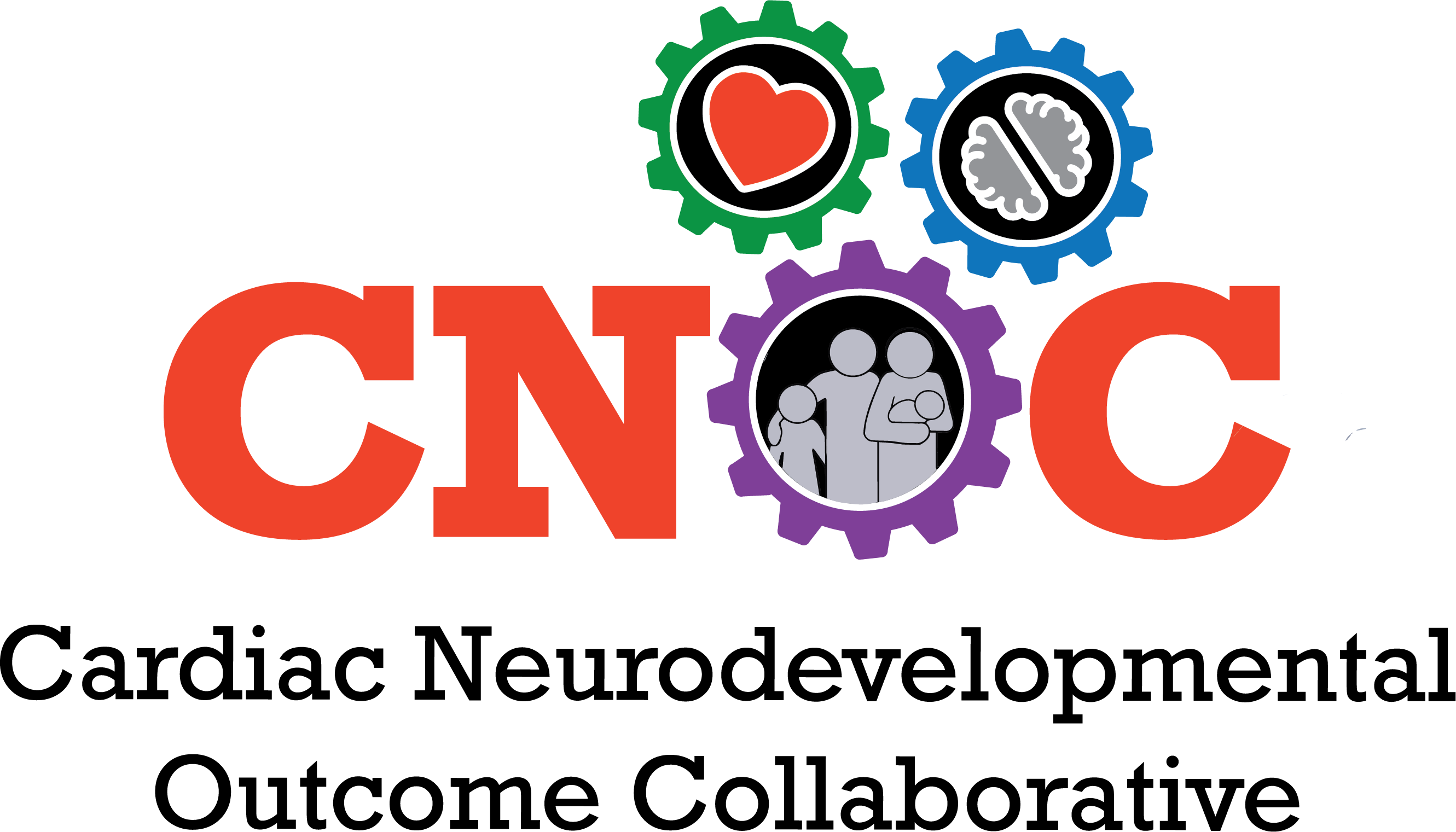Name of Program: Cardiac Neurodevelopment Program at Phoenix Children’s Hospital
Year Program Established: 2017
Program Leader: Rashmi Rao MD
Key Staff and Specialties:
Molly King NP- CVICU
Jennifer Yuen MD; Neil Freidman MD-Neurology
Mark Ruggiero MD-Developmental Pediatrics
Jan Blackham PhD-Neuropsychology
Brenda Aranda PhD-Psychology
Physical, Occupational, and Speech therapists-Sarah Peterson, Michelle Coulter, Meg Christy, inpatient rehab therapy team
Age Range of Patients Served: 3 months-18 years
Description of Inpatient Program(s): The team meets for weekly inpatient Neurodevelopment (ND) rounds where all patients admitted to the CVICU and Cardiology floor are discussed in terms of developmental needs/progress. The goals of ND rounds are to optimize developmental support during hospitalization, provide ongoing therapy, inpatient school support, and parental education. Prior to COVID, we visited one to two patients per week for bedside ND rounds where parents and nurses were educated on developmentally appropriate interventions and care for the patient. Parents receive an introduction to the ND program and education on the importance of long term surveillance of neurodevelopment. Lastly, the inpatient program serves to transition patients to outpatient therapies and assessments.-Inpatient Neurology Consult (Dr. Yuen)
Description of Outpatient Program(s): We have created a multidisciplinary algorithm which enables patients to be evaluated by various disciplines throughout infancy, childhood, and adolescence using developmentally appropriate tools. Infants through age 2 years are seen in the Cardiac Neurodevelopment clinic staffed by physical, occupational, and speech therapists and evaluated periodically with the Bayley Scales of Infant Development. At 18-24 months patients are screened for autism and then transitioned to developmental pediatrics for assessments through age 5 years. If at any point there are concerns and further testing is needed, patients are referred to Neuropsychology. Patients older than 5 years are evaluated by psychology and referred on to Neuropsychology as needed. We also have a Cardiac Neurology clinic dedicated to patients with congenital heart disease to which patients can be referred at any point in their course.
Description of research or QI projects in cardiac neurodevelopment – undergoing or accomplished:
- We have recently surveyed colleagues in cardiology and in the CVICU to assess knowledge, practice patterns, and barriers faced in terms of neurodevelopmental care of their patients. Our goal is to intervene with education and information about the importance of this aspect of care and present a clear referral process to address these barriers. Following the intervention we plan to reassess providers with a survey.
- In light of evidence suggesting that parental anxiety plays a significant role in their children’s neurodevelopmental outcomes, we are working with psychology to implement a parent support group for parents of children with CHD that teaches strategies for coping with stress and anxiety. We then plan to assess whether interventions targeted to parents can positively impact their children’s neurodevelopment outcomes.
- In collaboration with Neurology and CVICU we are implementing perioperative EEG monitoring among high risk infants. A long term plan to assess rate of subclinical seizure activity identified with EEG monitoring that was previously not recognized. In addition we plan to correlate the incidence of subclinical seizure activity with short and long term neurodevelopmental outcomes.
- Correlating fetal brain imaging and neurodevelopment outcomes is another area in which we plan to explore research opportunities.
Unique features and strengths of this program: We have built a large team comprising of several disciplines, each of which has the ability to impact our patients in a meaningful way as they move through their developmental process. Our inpatient cardiac neurodevelopment program provides a strong foundation upon which patients and their families can continue to build. We believe the process begins in the acute setting and are utilizing this period to educate families and help them develop and understanding of the importance of this aspect of their child’s care. From here, we have formulated a seamless pathway across several disciplines which allows optimal assessment of each patient. In addition, we have the ability to tailor each child’s neurodevelopmental pathway as needed based on their individual needs.

